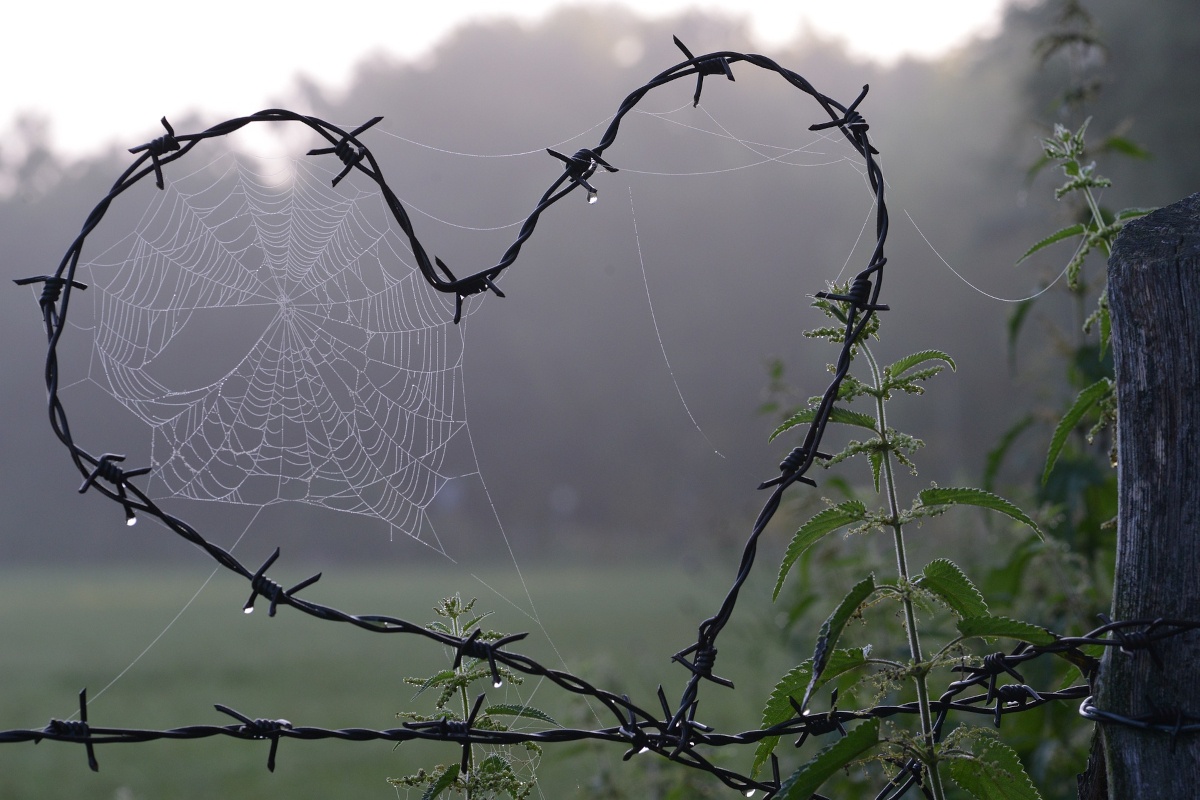Is unresolved pain keeping you from experiencing God’s peace and joy? Learn how emotional barriers can block heart transformation and discover how God’s love brings healing and renewal.
Have you ever felt weighed down by emotions like fear, anger, or shame? Perhaps you revisit painful memories or struggle to move forward in relationships and faith. These unhealed wounds act as barriers, keeping you from experiencing the peace and joy God intends for your life. For instance, the pain of betrayal might make it difficult to trust others, while unresolved grief can create feelings of isolation and hopelessness.
The good news is that you don’t have to remain stuck. God’s love is not only transformative but also deeply healing. He invites you to bring your burdens to Him and allow His truth to mend what’s broken.
In this article, we’ll explore how emotional barriers and unhealed wounds impact your heart’s transformation and how embracing God’s love can begin the healing process. If you’ve ever wondered why certain struggles persist, this could be the insight you’ve been waiting for.
Recognizing the Barriers in Your Heart
Unhealed wounds often manifest as thought patterns, emotional reactions, or behaviors that hinder your growth. Here are three common signs that barriers may exist:
- Recurring Negative Thoughts
Thoughts like “I’m not good enough” or “I can’t trust anyone” often stem from past hurts, creating cycles of self-doubt or isolation. - Difficulty Trusting Others
Unresolved pain makes it hard to build meaningful relationships, as fear of vulnerability or rejection keeps you guarded. - Emotional Triggers
Intense reactions to certain situations often point to deeper, unaddressed wounds. For example, reacting strongly to criticism might stem from past experiences of rejection, highlighting the need to address those underlying emotions. For example, anger or sadness may surface unexpectedly when old hurts are touched.
The Impact of Unhealed Wounds on Transformation
A heart burdened by past wounds struggles to fully embrace God’s love. Here’s how unhealed pain can hinder transformation:
- Blocks Peace and Joy
Carrying unresolved hurt creates a heavy emotional load, leaving little room for peace or happiness. - Distorts Identity
Wounds can cause you to view yourself through the lens of pain rather than as God’s beloved creation. - Hinders Spiritual Growth
Emotional barriers make it challenging to trust God fully, which slows progress in faith and transformation.
How God’s Love Heals Emotional Wounds
The Bible is full of promises about God’s ability to heal and restore. Embracing His love is the first step toward emotional freedom. Here’s how:
- God’s Love Offers Unconditional Acceptance
Psalm 34:18 reminds us, “The Lord is close to the brokenhearted and saves those who are crushed in spirit.” God sees your pain and loves you exactly as you are, offering a safe space to release your burdens. This might look like spending quiet time in prayer, journaling your thoughts, or sharing your struggles with a trusted faith mentor. - His Truth Replaces Lies
Past wounds often come with lies about your worth or identity. God’s Word provides truth to counter these lies. For example, where pain says, “You’re unworthy,” God declares, “You are fearfully and wonderfully made” (Psalm 139:14). - Healing Through Forgiveness
Forgiveness doesn’t dismiss the hurt but releases its hold on you. For instance, forgiving a friend who caused deep pain might not erase the memory of the hurt, but it can free you from the bitterness and allow you to rebuild trust or move forward with peace. God’s love empowers you to forgive others and yourself, opening the door to healing.
Steps to Begin Healing and Transformation
- Acknowledge the Wounds
Start by identifying the areas of pain in your heart. Journaling can help you process emotions and recognize patterns tied to past hurts. - Invite God’s Healing
Pray specifically for healing, asking God to reveal His truth in areas of brokenness. A simple prayer might be, “Lord, I give You my pain. Help me to see myself and others through Your eyes.” - Meditate on Scripture
Focus on verses that affirm God’s love and healing power, such as Isaiah 61:1: “He has sent me to bind up the brokenhearted, to proclaim freedom for the captives.” - Seek Community Support
Healing often requires walking alongside others. For example, a support group or mentor can provide a safe space to share struggles, offer encouragement, and hold you accountable in your journey toward healing. Share your journey with trusted friends, a small group, or a faith mentor who can provide encouragement and prayer. - Take Small Steps Toward Forgiveness
If forgiveness feels overwhelming, start small. Pray for the person who hurt you, asking God to help you release the pain one step at a time.
The Transformation that Follows Healing
As you allow God to heal your wounds, you’ll begin to experience the freedom and renewal He promises. Here are some changes you may notice:
- Restored Peace: Your heart feels lighter as emotional burdens lift.
- Renewed Identity: You see yourself as God’s beloved, not defined by past pain.
- Strengthened Relationships: Forgiveness and healing create space for deeper, more authentic connections.
Open the Door to Profound Healing and Transformation
Unhealed wounds can weigh heavily on your heart, but they don’t have to define your future. By acknowledging your pain and inviting God’s love into those broken places, you open the door to profound healing and transformation. Through His acceptance, truth, and power, God can replace fear and shame with peace and joy.
What’s one step you can take today to begin the healing process? Whether it’s journaling, praying, or meditating on Scripture, know that God is ready to meet you in your pain and guide you toward freedom.
Healing is a journey, and you don’t have to walk it alone. Take that first step, trusting in God’s love to restore your heart and transform your life.
